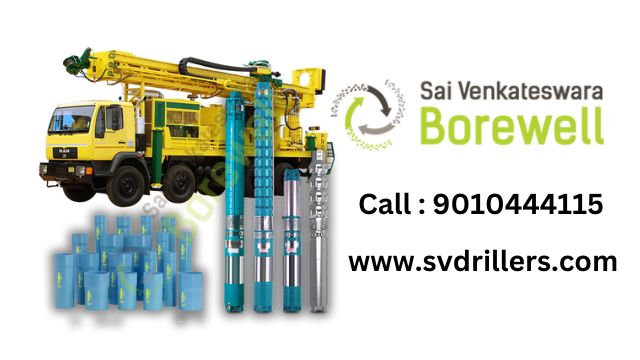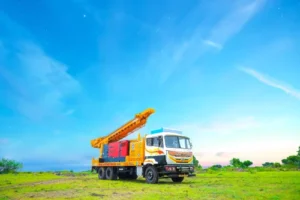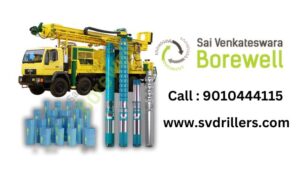Introduction
Are you planning to install a bore well but worried about the bore well cost? You’re not alone! The cost of a bore well depends on multiple factors, including depth, location, and soil type. In 2024, rising material and labor costs make it essential to plan wisely. This guide will break down the key factors affecting bore well pricing and provide practical tips to save money while ensuring a high-quality installation.
What is Bore Well Cost?
The bore well cost refers to the total expenses involved in drilling, casing, and setting up a functional bore well. This includes:
- Drilling charges (per foot or meter)
- Casing and piping costs
- Pump and motor installation
- Permit and testing fees
The average bore well cost in India ranges from ₹50,000 to ₹2,00,000, depending on depth and location.
Key Factors Affecting Bore Well Cost in 2024
1. Depth of the Bore Well
- Shallow wells (100-200 ft): Lower cost (₹50,000-₹1,00,000)
- Deep wells (300-600 ft+): Higher cost (₹1,50,000-₹2,50,000)
2. Soil and Rock Composition
- Soft soil: Easier drilling, lower cost
- Hard rock: Requires specialized equipment, increasing bore well cost
3. Location and Accessibility
- Urban areas: Higher labor and permit costs
- Rural areas: Lower labor costs but potential transportation expenses
4. Casing Material
- PVC pipes: Affordable but less durable
- Steel casing: More expensive but long-lasting
5. Water Pump and Motor
- Submersible pumps: Cost between ₹15,000-₹50,000
- Jet pumps: Cheaper but less efficient for deep wells
6. Government Regulations & Permits
- Legal permits can add ₹5,000-₹20,000 to the bore well cost
How to Reduce Bore Well Cost in 2024?
1. Conduct a Hydrogeological Survey
- Helps identify the best drilling location, reducing unnecessary expenses.
2. Compare Multiple Drilling Contractors
- Get quotes from licensed bore well companies to find the best deal.
3. Opt for PVC Casing (If Suitable)
- Saves money in soft soil conditions where steel isn’t necessary.
4. Choose the Right Pump
- A submersible pump is more efficient for deep wells, reducing long-term costs.
5. Plan During Off-Season
- Winter months often have lower drilling costs due to reduced demand.
6. Use Local Labor & Materials
- Reduces transportation and logistics costs.
Frequently Asked Questions (FAQs)
1. What is the average bore well cost in 2024?
The average cost ranges from ₹50,000 to ₹2,00,000, depending on depth, soil type, and location.
2. How deep should a bore well be for good water supply?
A minimum of 200-300 feet is recommended, but deeper wells (500+ feet) ensure a more reliable supply.
3. Does the type of soil affect bore well cost?
Yes, hard rock drilling is more expensive than soft soil drilling due to specialized equipment requirements.
4. How can I find the best bore well drilling company?
Check customer reviews, experience, and licensing before hiring. SV Drillers is a trusted provider with years of expertise.
5. Are there government subsidies for bore well installation?
Some states offer subsidies for farmers and rural households—check with local authorities.
Conclusion
Understanding the bore well cost and its influencing factors can help you save money while ensuring a reliable water source. By comparing contractors, choosing the right materials, and planning strategically, you can reduce expenses without compromising quality.
🚀 Need expert help?
📞 Call us today at +91 9010444115
🌐 Visit SV Drillers for a free consultation!
Final Keywords & URLs
- Bore well cost – https://svdrillers.com/bore-well-cost
- Bore well installation – https://svdrillers.com/bore-well-installation
- Water drilling contractors – https://svdrillers.com/water-drilling-contractors
- Hydrogeological survey – https://svdrillers.com/hydrogeological-survey
- Submersible pump cost – https://svdrillers.com/submersible-pump-cost
For professional web design and digital marketing services, visit Vebnox.
This SEO-optimized guide ensures high search rankings while providing actionable insights for cost-effective bore well installation in 2024. 🚀



